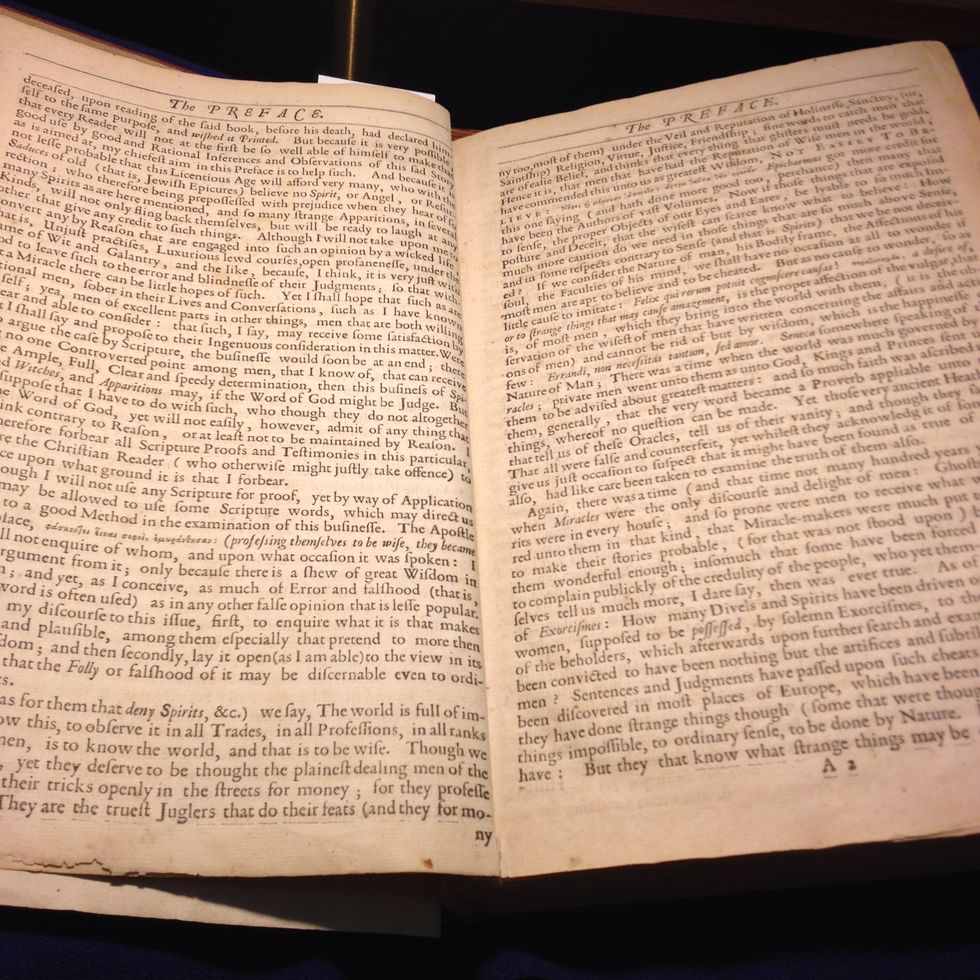Imagine this: you’re a young, easy going high school freshman, with an interest that’s divided between exploring who you are and generally just goofing off and enjoying all the luxuries that come with First World life. Your ambitions aren’t entirely formed yet; mostly, you’re concerned with a half-formed image of what you want to be when you’re out of college, with a mild but insubstantial interest in changing the world that never really goes anywhere. The interest alone is enough to drive you for now, and you content yourself in the knowledge that high school will simply prove to be little more than a period of respite from the world, much like middle and grade school, in which you can expend your time considering your life choices at leisure (or not at all).
That is, of course, until your teacher slams a stack of papers on each and every one of your desks, together forming a mass as thick as the average paperback novel. It’s a copy of “Existentialism is a Humanism,” by Jean-Paul Sartre, partnered with a number of chapter-long excerpts from “Thus Spoke Zarathustra” by Friedrich Nietzsche. Your teacher says you and your classmates have about three days to finish the bulk of the mass, and that a paper-long examination of the works will be due in the next week, citations and all.
The normal person might think that this an extreme scenario, or one that would be reserved for a private school teaching the supposedly “gifted” amongst our society. After all, philosophy and existentialism being taught in a freshman class, with so short a time to examine it and convey one’s insights? It’s the sort of thing that children in a medieval university might be taught, but certainly not modern students!
However, in my case, this event happened as described (or perhaps with the slightest bit of embellishment) near halfway through my first year in a public high school, much to the astonishment of everyone in my class. We hadn’t expected to be given texts normally reserved for college students, much less the expectations a teacher to examine those works with the analytical eye of a philosophy major. Most baffling to us, perhaps, was the efficacy of such a task; what were we supposed to be learning from the intangible ramblings of decades-old thinkers, when our time was meant to be preparing for the rigors of modern life?
As I would later learn, however, there is much more to be gained from esoteric texts than one might imagine. The society of today often underestimates the capacity of a young mind to expand and grow under supposedly extreme duress, and thus sees fit to coddle youthful students until they reach an age that seems adequate for more rigorous studies. This tends to do more harm than good; isolated from literature of any challenge, most people become accustomed to the articles of entertainment which lines most shelves today, the average novel and novella substituting the laborious achievements of minds which were not so insulated. Left with material such as this, we lose the ability to handle anything outside of our comfort zone, and utterly dismiss things which might otherwise help us.
The young mind is anything but weak. Presented with Sartre and Nietzsche’s philosophy, my classmates and I struggled, but ultimately profited from our efforts. We learned how to deal with thick, heavy reading early on, and how to succeed even when life presented us with seemingly unfair time limits and expectations. Our brains, still young and flexible, adapted to change, and grew to handle the complex troubles which face postgraduate and post-master's students every day. Things that were impossible for students from other schools and curriculums to do, we succeeded in, because with each struggle we finished, we were presented with an even harder one to strengthen us further. We learned work ethic, and more importantly, learned from the texts we were reading, accruing knowledge with every chapter and paragraph. When we were faced with problems, we not only had the will to solve them, but also the perspectives of a dozen men and women wiser than ourselves to solve it with.
The works we read weren’t just limited to philosophy. In many classes, we received professional lab reports, critical reviews of art, and novels from bygone ages that tested the versatility of our minds. What bound them all together is that they were what many other schools would have considered to be “too hard” for people of that age to read, or inappropriate for modern students of that level of education to engage. Neuroplasticity (the ability of the brain to adapt to new situations) proved that to be far from the truth, and all the literature we received became valuable components in forging the basis for our success in academia and abroad.
Students in public schools should be introduced to difficult texts as early as possible. It teaches them the value of hard work, and how powerful they really are at an early age. It imparts the wisdom of work ethic, as well as of old and foreign perspectives, and opens their minds to see beyond their typical manner of thinking. Most of all, it prepares them for the hard work that is innate in the higher levels of education. From how well I’ve done in college so far, I cannot express how grateful I am to my teachers for providing me with such a challenge, and I hope that others will be able to reap the benefits of a stimulating education.



















